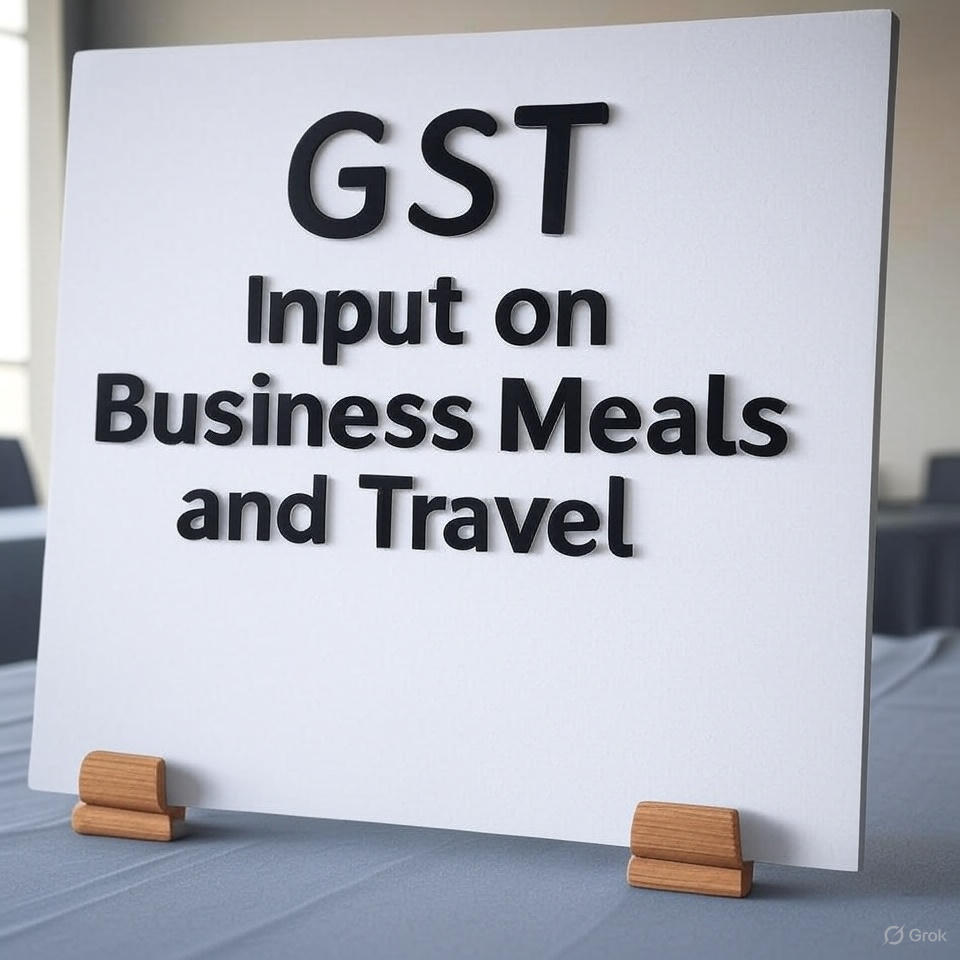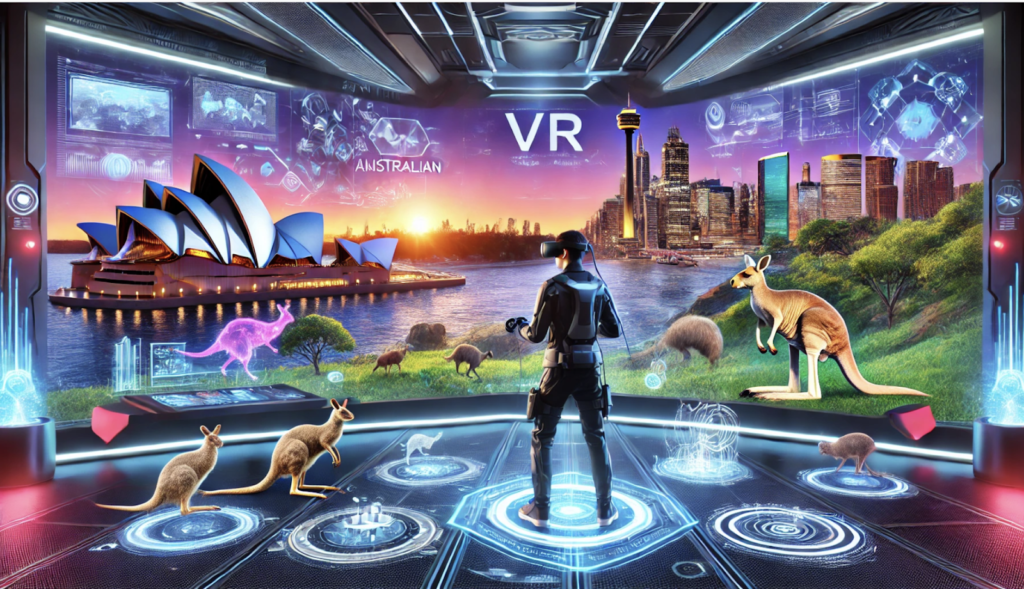You often have to pay for food and travel when you own a firm. There are client meals, conference travel, and taxis for sales meetings. Business owners and finance teams frequently wonder, “Am I eligible for an input tax credit (ITC) on these costs under GST?”
The quick answer to the query: it varies.
Worried about the details? Here’s a guide to determining what’s eligible and what isn’t, along with how to manage GST and expense records properly.
What is Input Tax Credit?
In India, the Goods and Services Tax is a tax added to the value of most goods and services sold for domestic use. Companies registered for GST can deduct the GST they’ve already paid on things they buy for their business. This is known as the Input Tax Credit.
You can deduct the GST you paid on anything that helps you run your business from the GST you owe on sales. But not all prices are qualified, which is why meals and travel can be hard to figure out.
GST on Meals: Can You Claim ITC?
Section 17(5) of the CGST Act says that GST paid on food and drinks is usually not eligible for ITC. The only exceptions are if you own a catering or hotel business that provides those services. Then, if you take a customer out to lunch or order snacks for a team meeting, you can’t claim the GST you spend on such bills as input, even if it’s a real business expense.
There is one possible exception: if food and drinks are included in a taxable composite or blended supply (like a corporate training package that includes lunch), then ITC might be granted.
In short, you normally can’t claim GST on meals, snacks, or drinks for employees or clients unless your firm is solely about food services.
GST on Travel: What’s Claimable?
Regarding travel costs, things can be unclear, but there’s some good news on this front.
When your staff member travels for business. For example, in a meeting with a client, a sales presentation, or a trade show, you are eligible to claim Input Tax Credit (ITC) on the Goods and Services Tax (GST) applied to travel services like plane tickets, rail reservations, or hotel accommodations.
However, certain conditions apply:
- Invoices must be in the company’s name.
- The supplier of the service must be registered under GST.
- The travel should be for business—not personal—purposes.
For instance, if you book a hotel for your sales executive while they’re on a client visit, and the hotel provides a GST invoice with your business’ GSTIN, you can likely claim ITC.
That said, services like employee home-to-office commutes, or personal travel, even if reimbursed by the company, do not qualify for input credit.
Also, be cautious with package bookings (like a holiday package that includes food and leisure). GST paid on such mixed-use travel services is usually not eligible for ITC.
Keeping GST and Payment Records Clean
Even when input is claimable, keeping your GST and payment documentation in order is crucial. Here are some tips:
- Make sure you ask for tax bills that include the right GSTIN and business name.
- Use digital payments that your accounting software can quickly find.
- To make sure your input credits are shown correctly, compare them to GSTR-2B.
- It’s a good idea to talk to your tax expert if you’re not sure if you can claim a certain charge. If you claim the wrong input, you could get a notice or a fine, so be careful.
If you’re ever unsure whether a particular expense is claimable, it’s a good idea to speak with your tax advisor. Misclaimed input can lead to notices or penalties, so caution pays off.
What About GST Registration?
One final note: You can only claim ITC if you have an active GST registration. If you’re an unregistered business or your GST number is inactive or cancelled, ITC claims are off the table—no matter how legitimate the business expense.
Also, ensure that your vendors or service providers are GST-compliant. If they’re not filing returns properly or their registration is suspended, you may lose your right to claim input on their invoices.
Final Thoughts
It can be hard to get back GST on meals and travel for business. Most of the time, you can’t deduct meal costs unless you work in the food sector. But you can spend more on travel if it has to do with your work, and you keep good records of it.
Sticking to GST regulations, proper payment methods, and timely GST filings is crucial, along with maintaining accurate records. The primary aim of GST is to prevent tax cascading, with safeguards against misuse, particularly concerning personal expenses and benefits.
Understanding these rules helps prevent frequent errors, ensures accurate claims, and upholds financial compliance.




